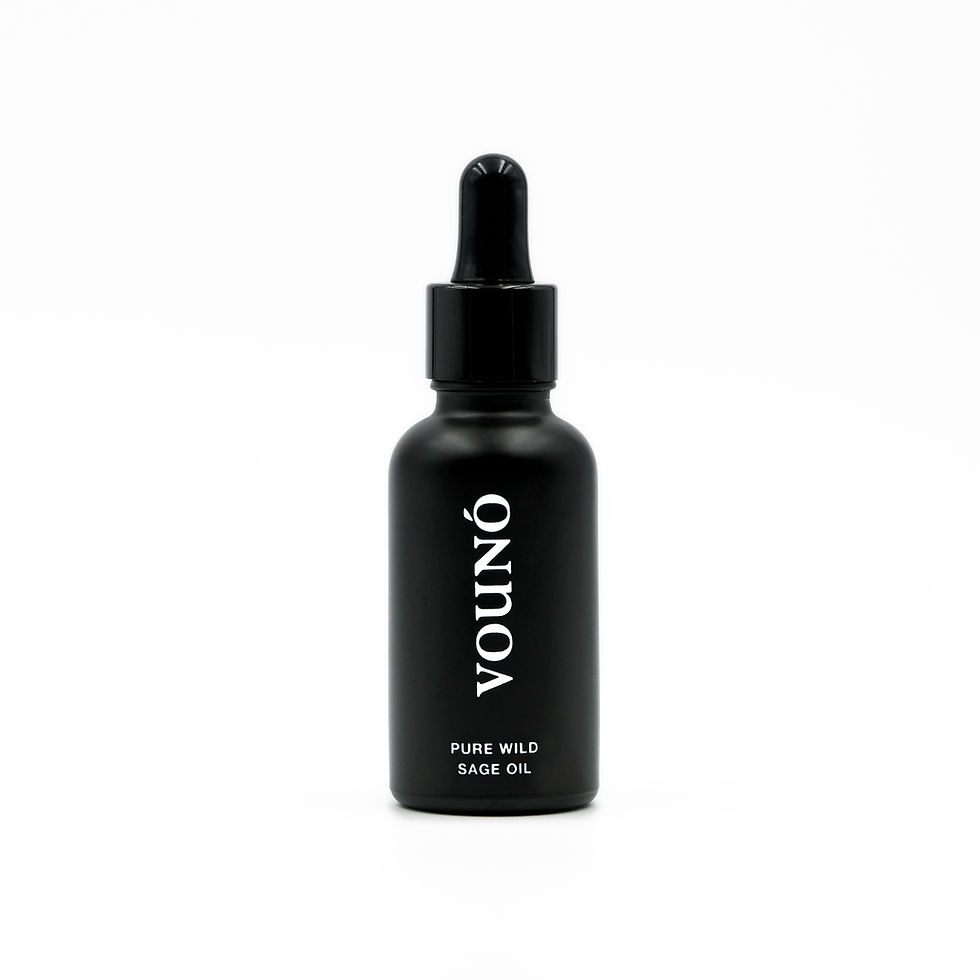Pure Marigold Oil
Packed with natural antioxidants, this botanical wonder smooths wrinkles, softens fine lines, and rejuvenates the skin, leaving it radiant and youthful. Its deeply nourishing formula boosts elasticity and promotes a healthy glow, making it the perfect addition to your anti-aging regimen.
Product Info
The oil, extracted from the flowering top of the plant, is warm, earthy and slightly sweet with herbal undertones. It has a mild, fresh aroma that can be described as comforting and grounding, with a hint of subtle floral sweetness.
It contains vitamin A, which contributes to antioxidant properties; vitamin E, known for its moisturizing and healing benefits for the skin; vitamin C, that promotes collagen production and aids in skin repair and brightening.
Ingredients
OLEA EUROPAEA (extra virgin olive oil) from organic farming, Calendula Officinalis, extract of flowers.
Steam-distilled.
No colorants, solvents, preservatives or additives.
Safety Considerations
While Marigold oil is generally mild, its use during pregnancy and breastfeeding should be approached cautiously. Consult your doctor or a qualified aromatherapist before using this oil. Before using Marigold oil on larger areas of the skin, perform a patch test.
Uses
Marigold oil is valued in anti-aging routines for its antioxidants, which combat free radicals and prevent or slow the appearance of wrinkles and fine lines. It improves skin hydration and reinforces the skin's natural barrier, helping it to retain moisture and prevent transepidermal water loss. It is a natural shield against UV-induced oxidative stress, reducing hyperpigmentation and brightening the skin by inhibiting melatonin overproduction.
Marigold oil is especially beneficial for skin health, where it promotes wound healing, reduces inflammation, and soothes conditions like eczema, dermatitis, and psoriasis. Effective in treating dry, chapped skin, while its regenerative properties help reduce scars, stretch marks, and blemishes.
How to use
- Anti-aging: use as a night treatment to combat wrinkles and fine lines.
- Moisturizer: apply it to dry or irritated skin to soothe and hydrate.
- Acne treatment: apply directly to blemishes to reduce inflammation and redness.
- Sunburn and after-sun care: apply onto sunburned or overheated skin for relief.
Storage
Store the Marigold oil in a cool, dark place, away from heat and sunlight, to preserve its potency and prevent it from oxidizing.
Mechanism of Action
The mechanism of action of Marigold oil is attributed to its diverse bioactive compounds, such as flavonoids, carotenoids, saponins, and triterpenoids. These components work synergistically to deliver its therapeutic effects.
The presence of flavonoids, carotenoids, and phenolic acids in marigold oil provides significant antioxidant effects. These compounds neutralize free radicals, reducing oxidative stress and preventing cellular damage. This contributes to its anti-aging effects and its ability to protect skin from environmental damage.
Marigold oil enhances wound healing by stimulating the production of collagen and promoting fibroblast activity, which are essential for tissue repair. The triterpenoids and carotenoids in the oil also stimulate angiogenesis (the formation of new blood vessels), improving blood flow to damaged tissue and accelerating healing.
Marigold oil inhibits pro-inflammatory mediators such as cytokines (e.g., interleukins and tumor necrosis factor-alpha). Flavonoids and triterpenoids block the activity of enzymes like cyclooxygenase (COX-2) and lipoxygenase (LOX), which are responsible for producing inflammatory compounds such as prostaglandins and leukotrienes. This reduces redness, swelling, and pain.
Its compounds, such as alpha-cadinol, alpha-pinene, and limonene, disrupt microbial cell membranes, making it effective against bacteria and fungi. It is particularly active against pathogens like Staphylococcus aureus and Candida albicans.
Historical notes
Marigold has been used for centuries as a medicinal herb.
Egyptians revered marigold for its rejuvenating properties, using it in ointments and cosmetics to enhance skin health.
In Greco-Roman medicine, marigold was used to treat wounds, burns, and skin irritations. The physician Dioscorides described its effectiveness in reducing inflammation and healing ulcers.
Marigold has been associated with spiritual significance in many cultures. In India, marigolds have been used for centuries in religious ceremonies, festivals, and offerings to deities. The vibrant flowers symbolize purity, devotion, and prosperity. In Catholic Europe, Marigold was often called “Mary’s Gold,” named in honor of the Virgin Mary. It was frequently used in church decorations and healing rituals.
In traditional European folklore, marigold was believed to have magical properties. It was thought to bring good luck, protect against harm, and even improve psychic abilities. Marigold flowers were also placed under pillows to encourage prophetic dreams.
During the Renaissance and beyond, marigold became more systematically documented in herbals. Nicholas Culpeper, the famous English herbalist of the 17th century, praised marigold for its ability to “comfort the heart and spirits.”
Today, Marigold oil is celebrated for its skin-soothing and healing properties in natural medicine and skincare products. It represents a bridge between ancient wisdom and modern science, with its uses validated by pharmacological studies and research.















